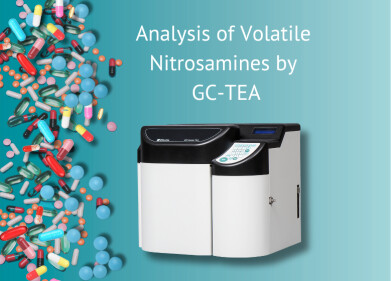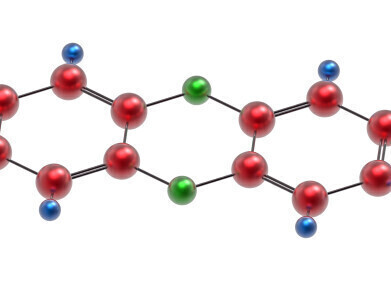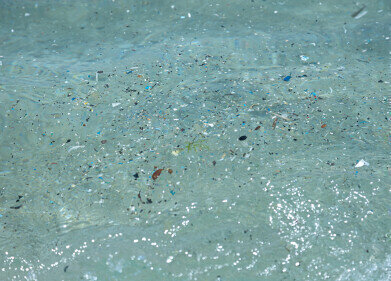GC-MS
How Healthy Are Avocado Stones? — Chromatography Explores
Sep 11 2017
Avocados — also known as alligator pears or butter fruit depending on where you live — are known to provide lots of health benefits when you eat them. Cut them in half and scoop the stone out and you can get at all the lovely flesh.
But, before you throw that stone away — could you be discarding a part of the avocado that could bring health benefits not found in the flesh? That certainly could be the case based on work carried out by researchers at the University of Texas Rio Grande Valley. The findings were reported at meeting of the American Chemical Society — let’s see what we’ve been throwing away.
Endocarp protects the seeds
Avocado is a healthy and nutritious food — providing a source of healthy fats that help to manage our cholesterol levels thus lowering our risk of heart disease. But what about the husks? Inside the avocado is a large stone — which consists of a seed within an outer envelope or endocarp to protect the future generations of avocados from damage. It is this endocarp or husk that the researchers in Texas analysed.
With millions of avocados eaten every day, that means millions of stones are discarded too. Sometimes the seeds contained inside the husk are used in cosmetics — as an exfoliant in face scrubs for example. But the husk is still discarded. The team wanted to know what it is that consumers and manufacturers are throwing away.
Husk for health
The research was directed by Dr Debasish Bandyopadhyay who said in an American Chemical Society press release that:
“It could very well be that avocado seed husks, which most people consider as the waste of wastes, are actually the gem of gems because the medicinal compounds within them could eventually be used to treat cancer, heart disease and other conditions. Our results also suggest that the seed husks are a potential source of chemicals used in plastics and other industrial products.”
They ground 300 avocado husks into powder, before extracting three teaspoons of seed husk oil and a small amount of wax. Using gas chromatography – mass spectrometry, they isolated 116 compounds in the oil and 16 compounds in the wax — with many of the compounds not found in the seeds. The use of chromatography with mass spectrometry in analysing fruit extracts is discussed in the article, LC-MS/MS and GC-MS/MS Multi Residue Pesticide Analysis in Fruit and Vegetable Extracts on a Single Tandem Quadrupole Mass Spectrometer.
One of the chemicals identified was dodecanoic acid which is known to increase high density lipoprotein — which could reduce the risk of heart attack or stroke. The researchers also found behenyl alcohol — known as docosanol — which is found in antiviral medicines and a chemical known as heptacosane which might inhibit tumour growth.
Dr Bandyopadhyay and the team will further investigate the potential benefits of avocado seed husks — so watch this space before you start making your own husk oil.
Events
May 11 2025 Vienna, Austria
May 18 2025 Tempe. AZ, USA
May 21 2025 Birmingham, UK
Jun 01 2025 Baltimore, MD, USA
Jun 15 2025 Bruges, Belgium














